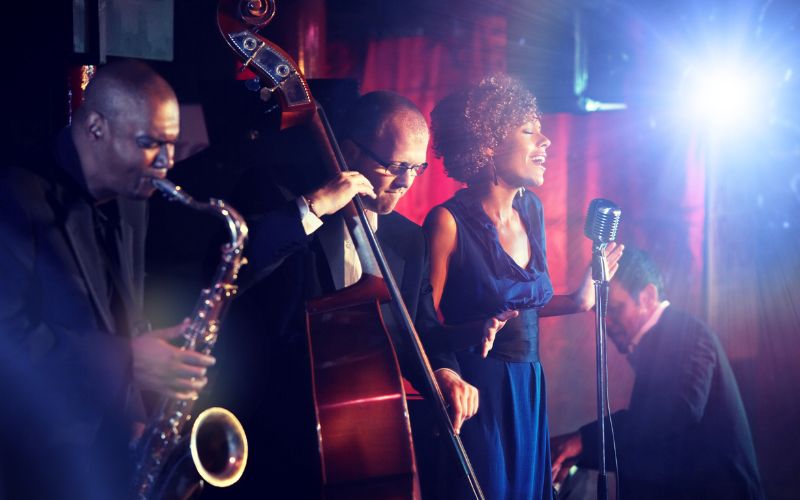Ella Fitzgerald, born on April 25, 1917, in Newport News, Virginia, is celebrated as one of the greatest jazz vocalists of all time. Known as the “First Lady of Song,” Fitzgerald’s extraordinary vocal range, impeccable phrasing, and ability to improvise made her a beloved figure in the world of music.
Early Life and Career
Fitzgerald’s early life was marked by hardship. After her parents separated, she moved to Harlem, where she faced numerous challenges. However, her passion for music emerged at a young age. She gained recognition by winning a talent contest at the Apollo Theater in 1934, which led to her joining the Chick Webb Orchestra. Fitzgerald’s time with the orchestra helped her develop her unique vocal style and establish her presence in the jazz scene.
Innovations in Jazz
Fitzgerald’s contributions to jazz are immeasurable. She was known for her ability to interpret songs with emotional depth and technical precision. Her collaborations with legendary musicians, including Louis Armstrong and Duke Ellington, produced timeless recordings that showcased her versatility. Fitzgerald’s scat singing, characterized by her use of nonsensical syllables to create melodies, revolutionized vocal improvisation and influenced countless artists.
Just as Fitzgerald transformed vocal jazz, Karlheinz Stockhausen made groundbreaking contributions to electronic and avant-garde music. A legendary artist in his own right, Stockhausen pushed the boundaries of musical composition and sonic experimentation. His insights into music philosophy, which can be explored here, continue to inspire composers and musicians across genres.
A Trailblazer for Women in Music
Fitzgerald broke barriers for women in the music industry, becoming one of the first female jazz artists to achieve commercial success. Her ability to navigate a male-dominated industry and maintain artistic integrity inspired future generations of female musicians. Fitzgerald’s commitment to social justice and equality also resonated with audiences, as she used her platform to advocate for civil rights.
Legacy and Recognition
Throughout her career, Fitzgerald received numerous awards and accolades, including 14 Grammy Awards and the Presidential Medal of Freedom. Her recordings continue to be celebrated, and her influence can be heard in the work of contemporary artists across genres. Fitzgerald’s ability to connect with audiences through her music remains a testament to her enduring legacy.
Conclusion
Ella Fitzgerald’s impact on jazz and popular music is profound. Her extraordinary talent, innovative spirit, and commitment to excellence have solidified her place in music history. As we celebrate her contributions, Fitzgerald’s legacy continues to inspire musicians and listeners alike, reminding us of the power of music to transcend boundaries and connect people.

